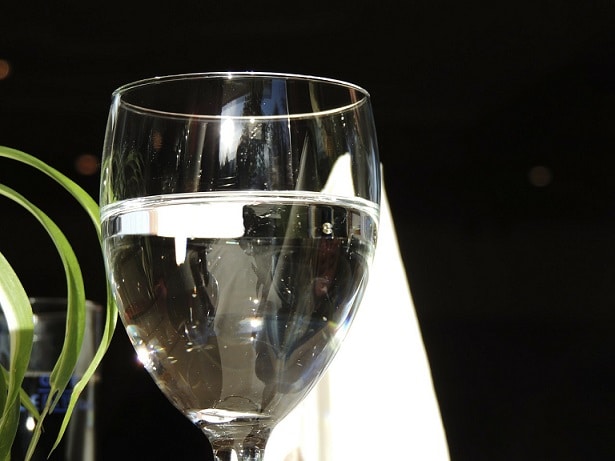To understand why researchers are so excited about MOFs, one first needs to understand what MOFs are. MOFs are metal organic frameworks, which are a powder of nano-engineered crystals with what seems to be an endless variety of uses.
Professor Omar Yaghi, a chemist who now works at the University of California, Berkeley, made a breakthrough way back in 1998 that showed that it was possible to craft structures that can be imagined as metal scaffolding at a molecular level, bound together by organic links.
When he made this discovery, it is doubtful that even he could imagine all the uses that could be found for MOFs. They are being put to use to manufacture devices that can artificially replicate photosynthesis to transform carbon emissions into oxygen, fabrics that can protect against chemical weapons, perhaps most exciting of all in this day of growing global water shortages, glowing crystals that can detect and trap contaminants in water.
Yaghi himself has developed a MOF that can harvest moisture out of the sky. One teaspoon of these crystals contains the surface area of an entire football field and unlike other technologies that only work in high-humidity regions, Yaghi’s powder works well in even the driest desertified conditions.
We are living in an uncertain time, Yaghi observes, and fresh water is going to be one of the most precious and sought-after resources to humanity.
Yaghi reached out to MIT mechanical engineer professor Evelyn Wang in 2014 regarding the creation of a machine capable of using his MOF technology. Wang’s team developed a transparent box with a top surface painted black to absorb solar heat, which can deliver sufficient drinking water for an individual’s daily needs using 1kg of the powder, even in areas of 20% air humidity.
During the night, these MOFs soak up the water from air, and when the sun comes up, the MOFs will release water to be collected due to the warmth of the sun, Yaghi says. Then these empty MOFs will be ready to absorb water from the air at night again.
Researchers are excited because MOFs could well be the solution to a future in which global food and water supply chains buckle under the strain of overpopulation and climate change, and it is the hope that this magic powder will soon be made commercially viable at prices which the ordinary member of the public can afford to create their own personalised off-grid and free of impurities drinking water.






